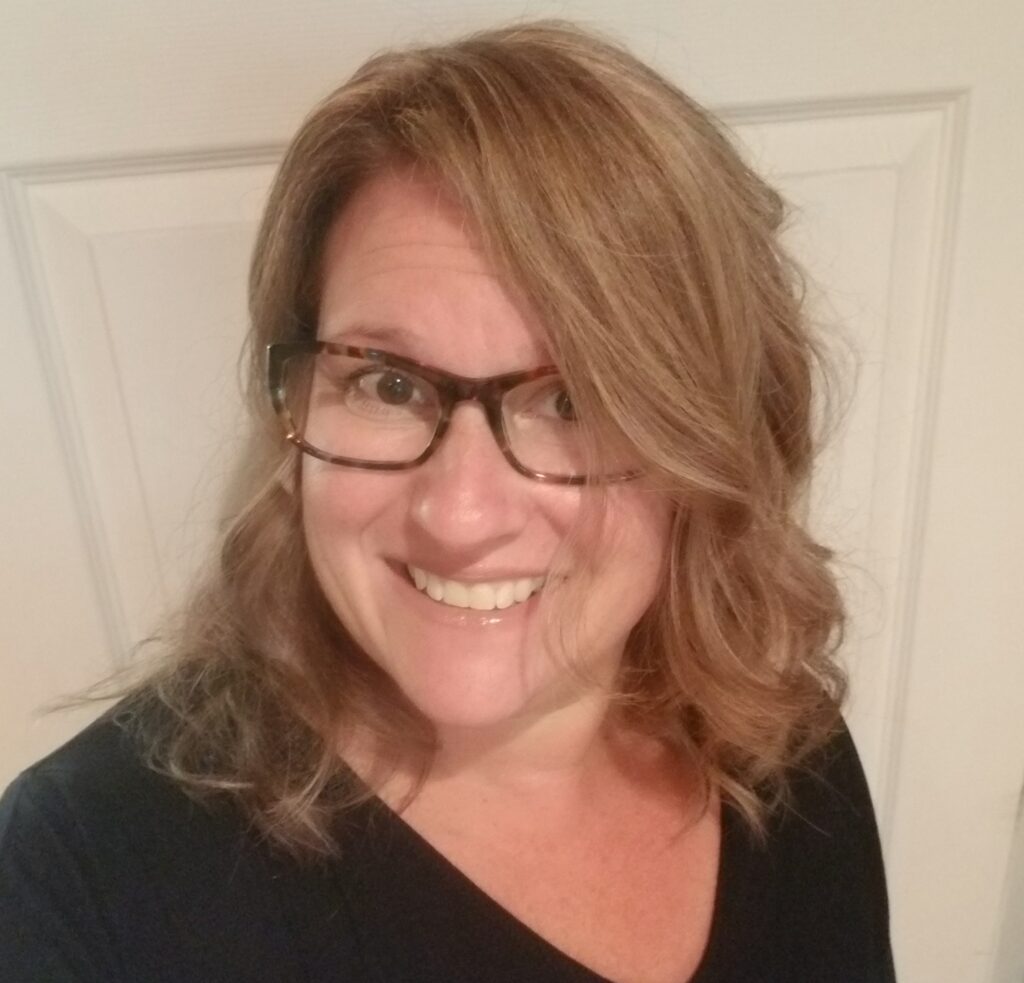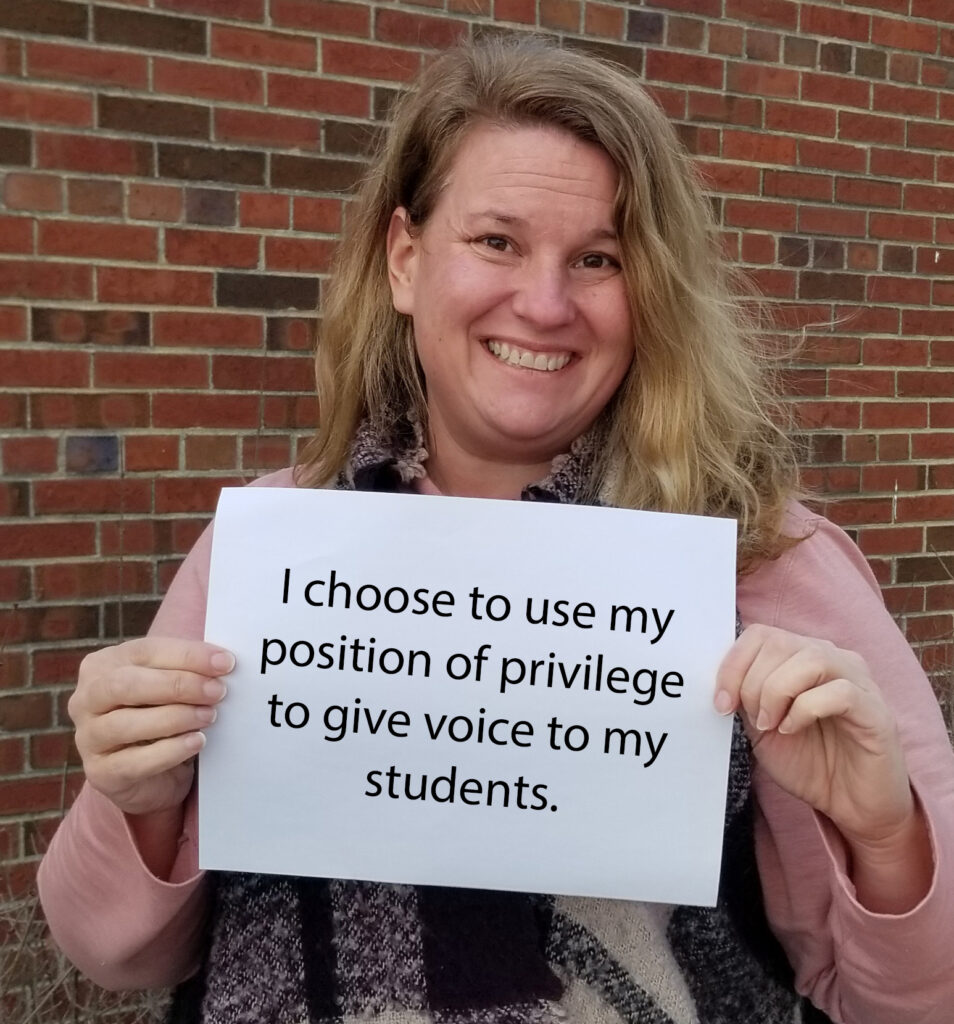

Traci Romeo is a High School World History Teacher with over 27 years of experience. Her passion for Equity in Education and Social Justice started long before her professional career. From her early years of teaching, she has worked with students on equity and inclusion. Throughout her career, she has run Diversity Clubs, Social Justice Leagues, and taught principles of bias awareness, equity and inclusion, and social justice in her classrooms.
In the community, she has been very active with the Roundtable for Diversity and Inclusion. She has participated in the New Detroit Multicultural Leadership Series, and completed a 10-day Anti-Racism training with ERACCE. She was an original member of her District’s team for the African American Young Men of Promise initiative in the state of Michigan.
Traci has also participated in two Fulbright-Hays programs abroad to both Japan and Belize, where she worked with educators to learn more about herself and the perspective of the other while learning best practices in education. In partnership with the University of Michigan’s Education Department, Traci created an online blog to foster dialogue with students and create bias awareness and understand perception of others. She has led professional development sessions and written curriculum lesson plans for local non-profits and major publishers alike. She has recently become CARES® certified and looks forward to her ongoing relationship with US².
Early on, it was very hard for me to do identity work. Our identity is so much a part of who we are that unless we take the time to sit and think about it, we are unconscious to it. It was in small situations of marginalization that I noticed how people are treated differently based on social classifications. I have been told I am too outspoken and opinionated and my ideas have been disregarded, silenced, or co-opted by others without recognition of my contributions. Just recently, I had a difference of opinion with a coworker and friend. We weren’t making progress, so I excused myself from the conversation. He was not ready for it to end, and happened to be standing in the doorway, blocking my ability to exit. I had to ask several times for him to let me out of the room. He may not have even been aware of how that situation impacted me. Although I recognize the marginalization of women that occurs in our society, I am also aware of the many privileges I have as a white, cisgender, educated person from an upper/middle class background.
Throughout school, the only time I was introduced to people from diverse backgrounds was through the curriculum, such as when we were studying Indigenous history, slavery, or the Holocaust. When I got to college, I started to meet people from diverse backgrounds who didn’t seem to fit the stereotypes and assumptions that I had accrued. When I moved home, I found myself subbing at the very high school that I graduated from. I was quickly offered a position in the district and have been there ever since. If the color of my skin was different, I would not have been afforded the housing or education I received, and I may not have landed my job in the district either.
Today, my job is to help my students see that the world is greater than the experiences they have had. I work to make sure that all students feel positive about themselves and have a place where they are seen and heard. I have evolved from not being aware of race to being hyper aware of it. I choose to use my position of privilege, earned or not, to give voice to my students. I choose to allow my students to see themselves reflected in the curriculum. What will you do with your power? We grow because of our circumstances or despite them. Will you continue down the road of what has always been done, or will you help students break outside the norms to understand that common is not necessarily normal, and uncommon is not abnormal.

